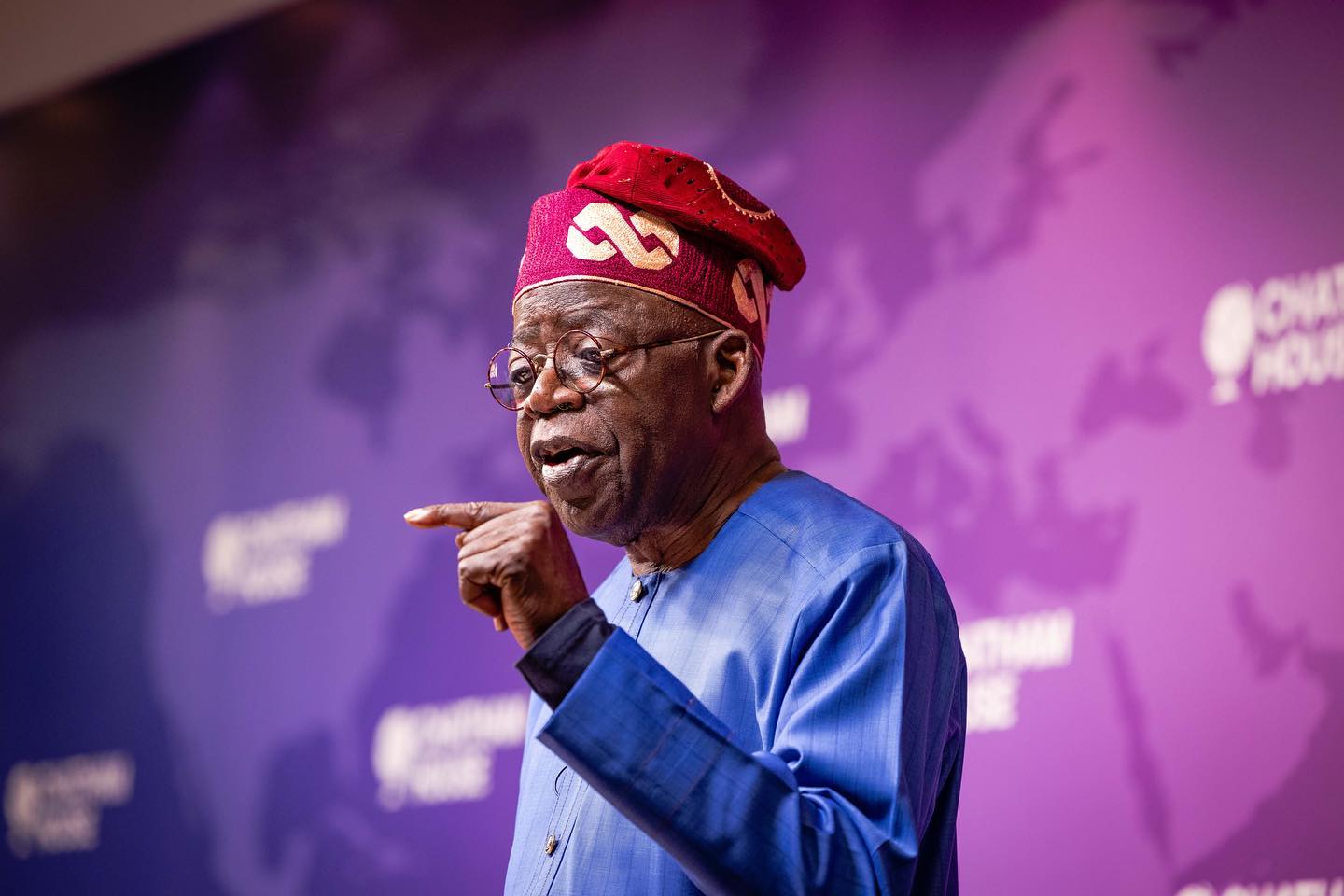President Bola Ahmed Tinubu has promised Nigerians of continuous access to fuel supply at the lowest possible prices, noting his administration is ready to work with marketers and other stakeholders to make this goal a reality.
He made the statement on June 8 via his social media account.
According to the president, his administration will work towards ensuring that the fuel subsidy removal does not hamper fuel distribution at affordable prices.
“At a meeting yesterday with representatives of major oil marketers’ associations, in the course of the discussions, I emphasized my administration’s total commitment to a competitive, stable, and transparent oil market and challenged the marketers to work with the government to ensure regular supply and convenient access to fuel products across the country at the lowest possible price.”
READ ALSO: Fuel subsidy: NLC mobilises affiliates for mega strike next week
On June 7, 2023, the Depots and Petroleum Products Marketers Association of Nigeria (DAPPMAN) led by its Chairman, Dame Winifred Akpani, met with President Tinubu and pledged their readiness to work with the administration to ensure that market stability is achieved.
They also asked President Tinubu to scrap, reduce and suspend some charges and levies until the goal has been realized. DAPPMAN promised to ensure a healthy and robust petroleum industry that guarantees an adequate supply of petroleum products at highly competitive prices.
According to the DAPPMAN Chairman, the association has collectively agreed that it is going to work at providing real mass transit buses that work, the ones that run on compressed natural gas (CNG) and diesel interchangeably, and hopefully it is going to start with about 50 to 100 buses in the short term.
Although it will serve Nigeria to diversify its energy mix to include electrified transportation, it is clear that oil and gas will still play a huge role in the near future. In its Energy Technology Perspectives report released in January 2023, the International Energy Agency (IEA) stated that electrification has accelerated over the last two decades. However, oil and gas still dominate energy end use, accounting for around 35% of total energy use in buildings and 95% in transport.
Also, the Secretary General of the Organization of Petroleum Exporting Countries (OPEC), Haitham Al Ghais, has said that oil will fuel economic development, especially in developing countries. According to Al Ghais, crude oil is instead a precious commodity that will enable economic prosperity for decades to come.

 Entertainment5 days ago
Entertainment5 days ago
 Health1 week ago
Health1 week ago
 Health4 days ago
Health4 days ago
 Football1 week ago
Football1 week ago
 Football1 week ago
Football1 week ago
 Crime4 days ago
Crime4 days ago
 Education6 days ago
Education6 days ago
 Crime1 week ago
Crime1 week ago

